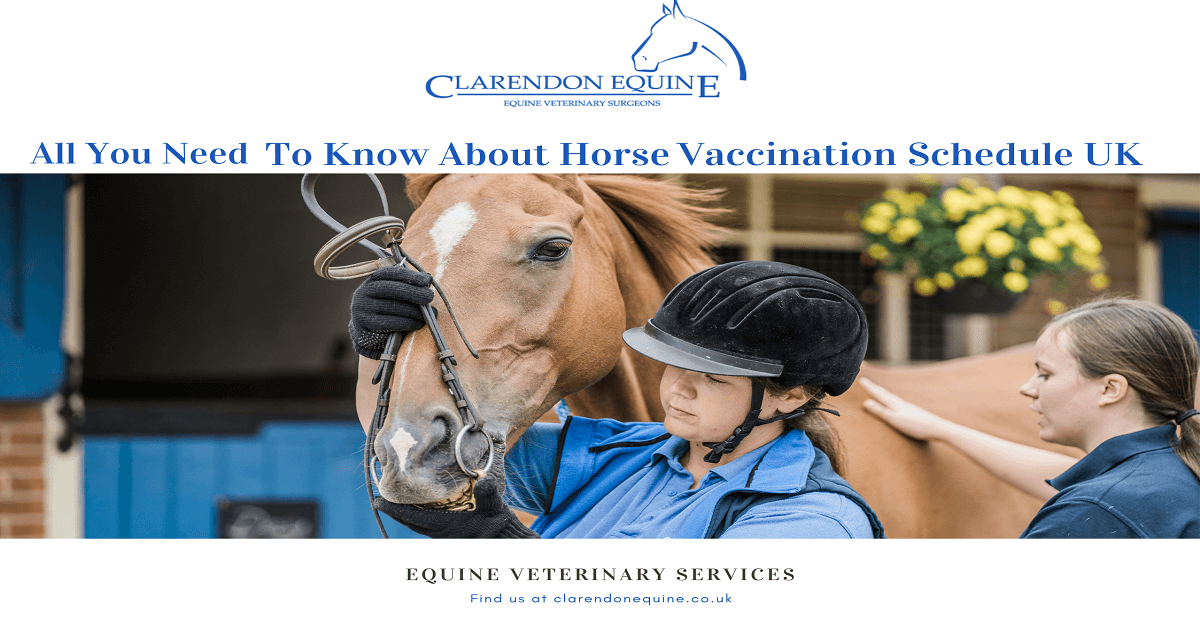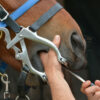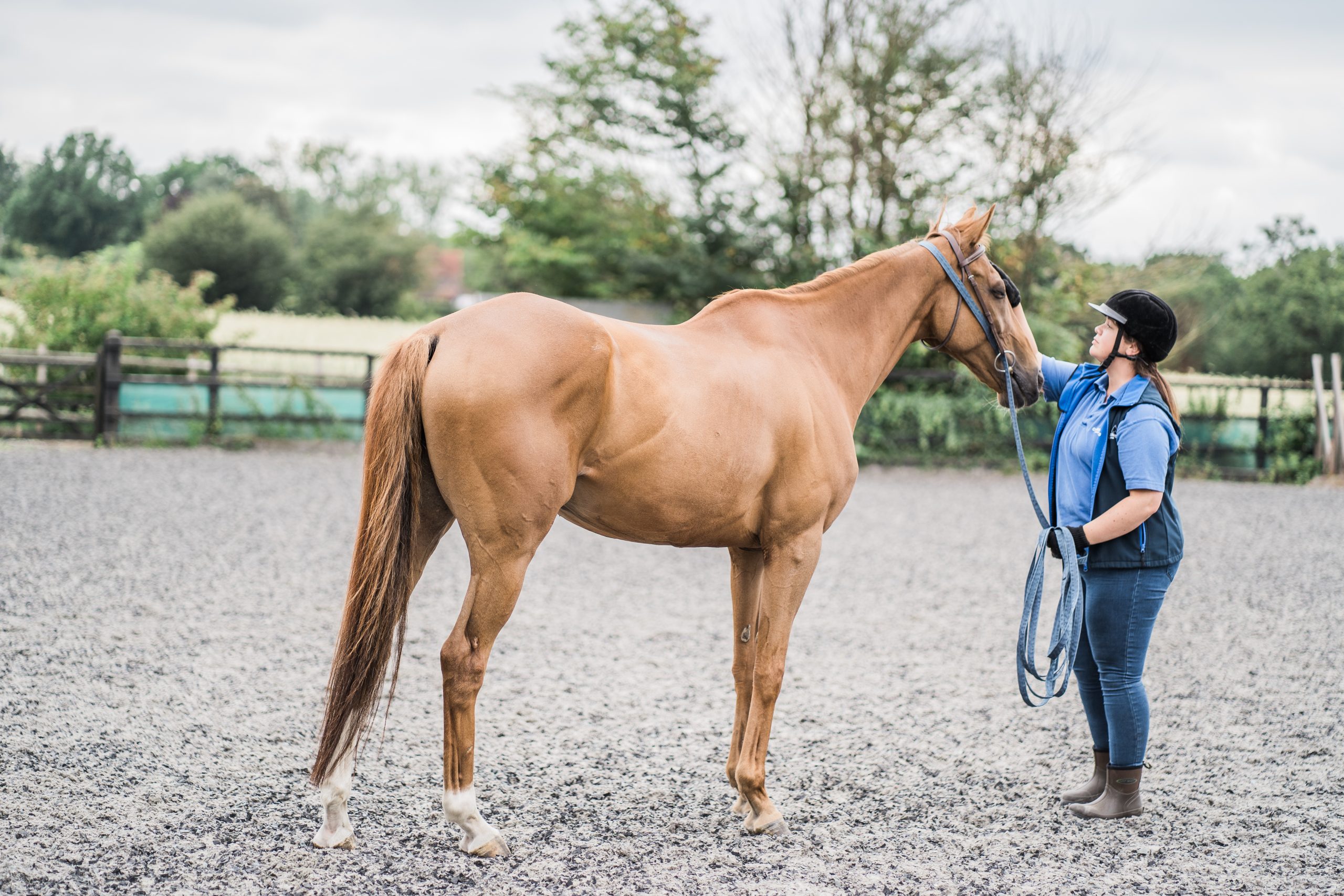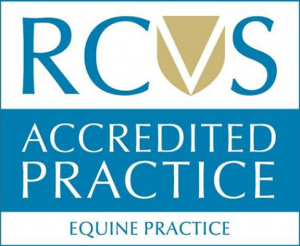It is the responsibility of the horse owners to make sure that the horses stay healthy, happy, and fit. Apart from proper diet and exercise, we will have to ensure proper vaccination for horses to keep them healthy. In this guide, we will discuss horse vaccines and horse vaccination schedule UK.
What Are Horse Vaccines, And Why Are They Needed?
Vaccinations are one of the safest ways of protecting your horses from infectious diseases. Equine vaccines provide immunity and protection. Tetanus and equine flu are two very common diseases; thus, local vets recommend horse vaccines for horse tetanus and horse flu.
There are quite a few reasons why vaccination for horses is essential. These are:
- Vaccines protect horses from life-threatening diseases.
- Vaccines have the ability to improve the overall health of an equine.
- Vaccines are a must in competing or racing horses.
- Equine insurance becomes invalid if you do not vaccinate your horses.
- Vaccinations are safe and good for equine health.
Read Also: Which Vaccinations Do Equine Vets Suggest For My Horse?
How Do Equine Vaccines Work?
Equine vaccinations are a simple medical concept. The immune system of a horse has various tissues, cells, and organs. All of these help the horse to fight off the harmful diseases that invade the immune system. If you want in depth knowledge about horses you can read this guide on Everything You Need to Know About Horses. The following steps occur when we vaccinate an equine:
- Inject a small and harmless bacterial quantity of the disease into the body of the horse.
- The immune system of the horse generates antibodies that help the horse to fight off the disease.
- If the horses get infected by that disease, then the immune system recognises it easily and fights it off effectively.
- The horse becomes immune to the disease.
What Vaccinations Do Horses Need?
In the UK, all horses need vaccine against equine flu and tetanus. Vaccines are not only beneficial for the horse but also prevents diseases from being transferred from one equine to another. The vaccination for horses is very important as both tetanus, and equine flu can be fatal for the horses. Horses also need vaccinations against herpes and strangle.
Horse Vaccination Schedule UK
Tetanus: Tetanus vaccine can be given to horses of the age of 3 months or more. These vaccines for tetanus consist of 2 main doses and is provided to horses approximately 4 weeks apart. This equine vaccine is later followed by a booster dose of 12 months and then given at intervals of 2 to 5 years.
Equine Flu: The equine flu vaccine is a yearly vaccination that the horses receive at the same time as the yearly tetanus dose. The majority of the yards will not let your horse take part in races and competitions if it is unvaccinated against flu.
The vaccines of flu and tetanus in horses start with an initial course of 3 vaccinations, followed by booster doses. If your horse misses the vaccination dates for any reason, then you will have to restart the entire course.
Equine Herpes: The vaccination of equine herpes is for horses over the age of 5 months. Equine herpes vaccination consists of 2 primary doses, and the second dose is approximately 4 to 6 weeks after the first. The horses then require a booster dose after 6 months.
Strangles: Strangles usually affect the younger horses even though horses of every age can get infected by this virus. The horses require a second dose of the strangles vaccine after approximately 4 weeks of the initial dose. Vets recommend yearly boosters after completing the vaccination.
Maybe You Will Also Like: 5 Reasons Why You Should Vaccinate Your Horse
Final Thoughts
The majority of horse owners think that the vets are highly expensive and stress over the costs of vaccinations. But to be honest, vaccinations for horses provide an extremely good value for money. Do not miss the horse vaccination schedule UK at any cost, as missing it will require you to restart the course.
Many vet practitioners in the UK often provide waivers for the fees of routine work like vaccinations. It is not necessary that every visit to the vet will cost you a lot of money. You will be surprised after knowing how cost-effective equine vaccines are.







